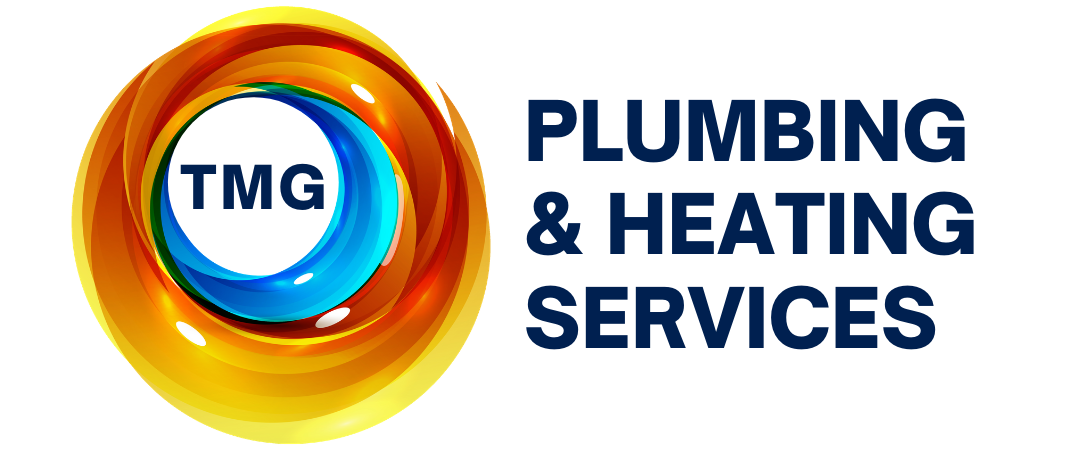Power Flushing vs. Other Radiator Cleaning Methods: Which is Best?
When it comes to maintaining your heating system, ensuring that your radiators and underfloor heating systems are clean and efficient is crucial. Over time, sludge, rust, and limescale can accumulate within your heating system, leading to reduced efficiency, higher energy bills, and potential breakdowns. To combat this, various radiator cleaning methods are available, with power flushing and chemical flushing being the most common. But how do these methods compare, and which one is best for your system? Let's dive into a comparative analysis of power flushing versus other radiator cleaning methods.
Power Flushing: The Comprehensive Solution
What is Power Flushing?
Power flushing is an intensive cleaning process that uses high velocity, low-pressure water and specialized cleaning agents to remove sludge, rust, and limescale from your heating system. This method involves connecting a powerful flushing unit to your system, which circulates the cleaning solution at high speed, dislodging and flushing out contaminants from your radiators and underfloor heating systems.
Pros of Power Flushing:
Thorough Cleaning: Power flushing provides a deep and comprehensive clean, effectively removing all types of debris from the system. This ensures optimal water flow and improves the overall efficiency of your heating system.
Extended System Lifespan: By removing harmful deposits, power flushing can significantly extend the life of your radiators and other components of your heating system.
Improved Heating Performance: After a power flush, you can expect a more evenly distributed heat throughout your property, leading to a more comfortable environment.
Cost Savings: While power flushing is an investment, the resulting efficiency improvements can lead to lower energy bills and reduced maintenance costs in the long run.
Cons of Power Flushing:
Higher Initial Cost: Power flushing is generally more expensive than other cleaning methods, primarily due to the equipment and time involved.
Potential Stress on Older Systems: In some cases, especially with very old or poorly maintained systems, the high pressure used in power flushing can cause leaks or damage.
Chemical Flushing: The Alternative Approach
What is Chemical Flushing?
Chemical flushing is a less intensive cleaning method that involves adding a chemical cleaning agent to your heating system, which circulates through the system to break down and remove sludge and limescale. Unlike power flushing, chemical flushing relies on the chemical reaction to clean the system over time.
Pros of Chemical Flushing:
Lower Cost: Chemical flushing is generally less expensive than power flushing, making it an attractive option for those on a budget.
Gentler on Older Systems: Since it doesn't involve high-pressure water, chemical flushing is often safer for older systems that might be susceptible to leaks or damage from power flushing.
Simpler Process: The process is less intrusive and can be completed more quickly than a power flush, which can be advantageous if you need a quick fix.
Cons of Chemical Flushing:
Less Effective for Heavy Build-up: Chemical flushing is less effective at removing heavy sludge and limescale build-up, especially in systems that haven't been maintained regularly.
Longer Time to See Results: The cleaning process is slower, and it may take some time before you notice significant improvements in your heating system’s performance.
Chemical Residue: There’s a risk that not all of the chemical cleaning agent will be flushed out, which could potentially cause issues if left in the system.
Demineralising: An Additional Step for Optimal Maintenance
Whether you choose power flushing or chemical flushing, incorporating demineralization into your heating system maintenance can provide additional benefits. Demineralizing the water in your system helps remove minerals, salts, and gases that contribute to the build-up of sludge, limescale, and rust.
Demineralising the System:
Prevents Future Buildup: Demineralization helps prevent the ongoing accumulation of harmful deposits, keeping your system cleaner for longer.
Extends System Lifespan: By reducing the corrosive elements in the water, demineralization can further extend the lifespan of your heating system components.
Using a Demineralising Filter:
Continuous Protection: Installing a demineralizing filter ensures that your system is continuously protected from mineral buildup, providing ongoing efficiency improvements and maintenance cost savings.
Power Flushing vs. Chemical Flushing: Which is Best?
The choice between power flushing and chemical flushing ultimately depends on your system’s condition, your budget, and your specific needs.
For Newer Systems or Regularly Maintained Systems: If your heating system is relatively new or has been well-maintained, chemical flushing might be sufficient to keep it clean and efficient.
For Older Systems or Those with Significant Buildup: If your system is older or has significant sludge and limescale buildup, power flushing is the more effective option to restore optimal performance.
For Long-Term Maintenance: Regardless of the method you choose, incorporating demineralization into your maintenance plan can provide additional protection and extend the benefits of either flushing method.
In conclusion, while both power flushing and chemical flushing have their advantages, power flushing generally offers a more thorough clean, making it the preferred choice for systems with heavy buildup or those seeking maximum efficiency improvements. However, for a gentler and more budget-friendly option, chemical flushing remains a viable alternative. Combining either method with demineralization can ensure your heating system remains in top condition for years to come.
To schedule a professional radiator power flushing or to learn more about the demineralising filtration with TMG Plumbing & Heating Services call 051 577089 or fill in the form on our contact page

